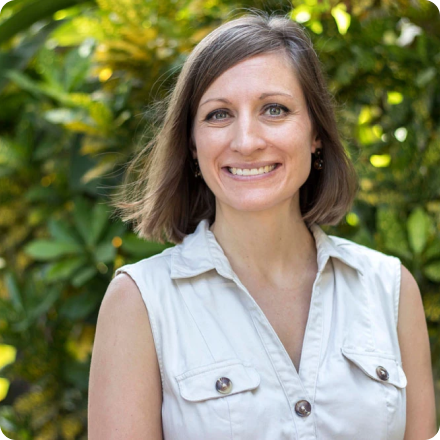Despite the challenges that health systems and communities have faced during the COVID-19 pandemic, the Government of Zanzibar’s Ministry of Health has remained focused on strengthening community health. As part of Zanzibar’s national community health strategy, in 2019, the Ministry launched Jamii ni Afya, a digital community health program that trains and digitally equips community health volunteers (CHVs) as formal members of the health system, and is on track to implement the program at national scale by July 2021.
By May 2021, CHVs had registered more than 790,000 people, including more than 72,000 children and 13,800 pregnant women, across 8 of Zanzibar’s 11 districts into the program, connecting families to health, nutrition, and early childhood development care. Once Jamii ni Afya is rolled out at national scale, the program will have recruited, trained, and equipped more than 2,200 CHVs and connected Zanzibar’s 1.6 million people to community-based health services.
Essential to the continued efforts in scaling up Jamii ni Afya has been the financial support from three new partnerships in the past year. With grant and co-investment funding from the Conrad N. Hilton Foundation, James Percy Foundation, and UNICEF, Jamii ni Afya has been able to expedite roll-out to all 11 of Zanzibar’s districts by July 2021, ensuring all Zanzibar citizens have access to essential health services, even during a global pandemic.
Here are short summaries of what the three new partnerships supporting Jamii ni Afya aim to achieve.
Conrad N. Hilton Foundation
Since December 2020, the Hilton Foundation has supported Jamii ni Afya with four main objectives:
Supporting the Ministry of Health’s efforts in responding to COVID-19, particularly by continuing to expand the CHV workforce to sustain access to essential community health services and provide health education on COVID-19 prevention
Designing a digital transformation for Zanzibar’s primary health care system with stronger linkages between the community and primary care facilities
Improving the quality of early childhood development services at the community level and documenting lessons learned for community-level early childhood development programs
Advancing evidence-based decision making in health systems
UNICEF
A two-year grant from UNICEF reflects a commitment to amplify Jamii ni Afya’s potential by incorporating new health areas into the CHVs digital platform and supporting the program’s scale up to all 11 districts. Working closely with the Ministry of Health, UNICEF’s support will enable a new adolescent sexual and reproductive health component to be adopted in every district, with the digital system guiding CHVs to provide and refer clients for youth-friendly services and coach adolescent peer mentors. In addition, we developed and are rolling out new content on cholera prevention and elimination and WASH-related interventions for CHVs working in five districts identified as hot-spots for seasonal cholera outbreaks.
James Percy Foundation
Alongside co-investment by UNICEF, the James Percy Foundation is supporting Jamii ni Afya’s roll-out in Zanzibar’s Central District. The program has recruited more than 130 CHVs and supervisors, and in March 2021, the CHVs were trained on Jamii ni Afya’s digital platform so they can deliver personalized community health visits. Since then, CHVs have begun enrolling families in the Central District into Jamii ni Afya. Guided by the platform, CHVs can be confident they are providing good quality of care for patients while generating real-time data for health system managers.
Conclusion
The decision by Zanzibar’s Ministry of Health to prioritize community health by launching Jamii ni Afya at national scale reflects the government’s support for universal health coverage and a commitment to ensuring every community has access to high-quality health care and counseling. The program also provides benefits across the health system.
Beyond simply training CHVs to use a digital tool, Jamii ni Afya meets patients where they are. Providing services and counseling at the community-level solves simple challenges that patients face everyday, for example, supplementing a pregnant woman’s antenatal care at health facilities with convenient home visits.
Jamii ni Afya’s data collection and dashboards equip CHV supervisors to easily review the performance of their CHVs. The availability and visibility of routine performance data enables supervisors to tailor their feedback and coaching for individual CHVs. And, in the past six months, Jamii ni Afya has been integrated with Zanzibar’s DHIS-2 community health information system, enabling this community data to be accessed alongside all other national health data.
Despite the challenges that many health systems have faced over the past year, Zanzibar has remained committed to making sure that everyone can get the care they need when and where they need it. The support of these and other partners—including Fondation Botnar, the Human Development Innovation Fund, and the Wehubit program—have helped drive Jamii ni Afya’s scale-up, connecting every community under one national digital community health program.

